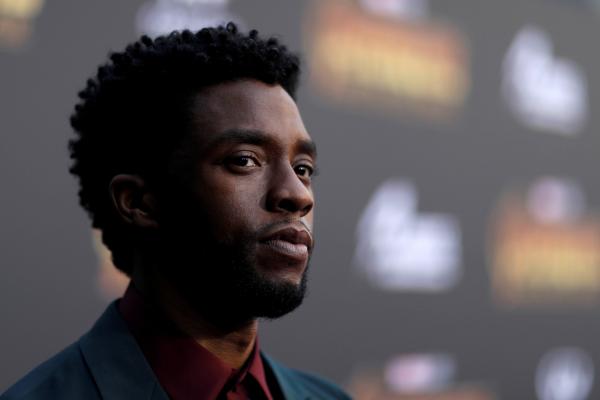Sep 3, 2020
This season of inescapable Black death has been on a traumatizing repeat cycle — from the disproportionate toll of COVID-19 on our community to the senseless and brutal deaths at the hands of police violence — so in that moment my mind and spirit couldn’t process or take another loss, particularly of a Black man who embodied such regal strength and aspirational hope.
Read the Full Article

Already a subscriber? Login
